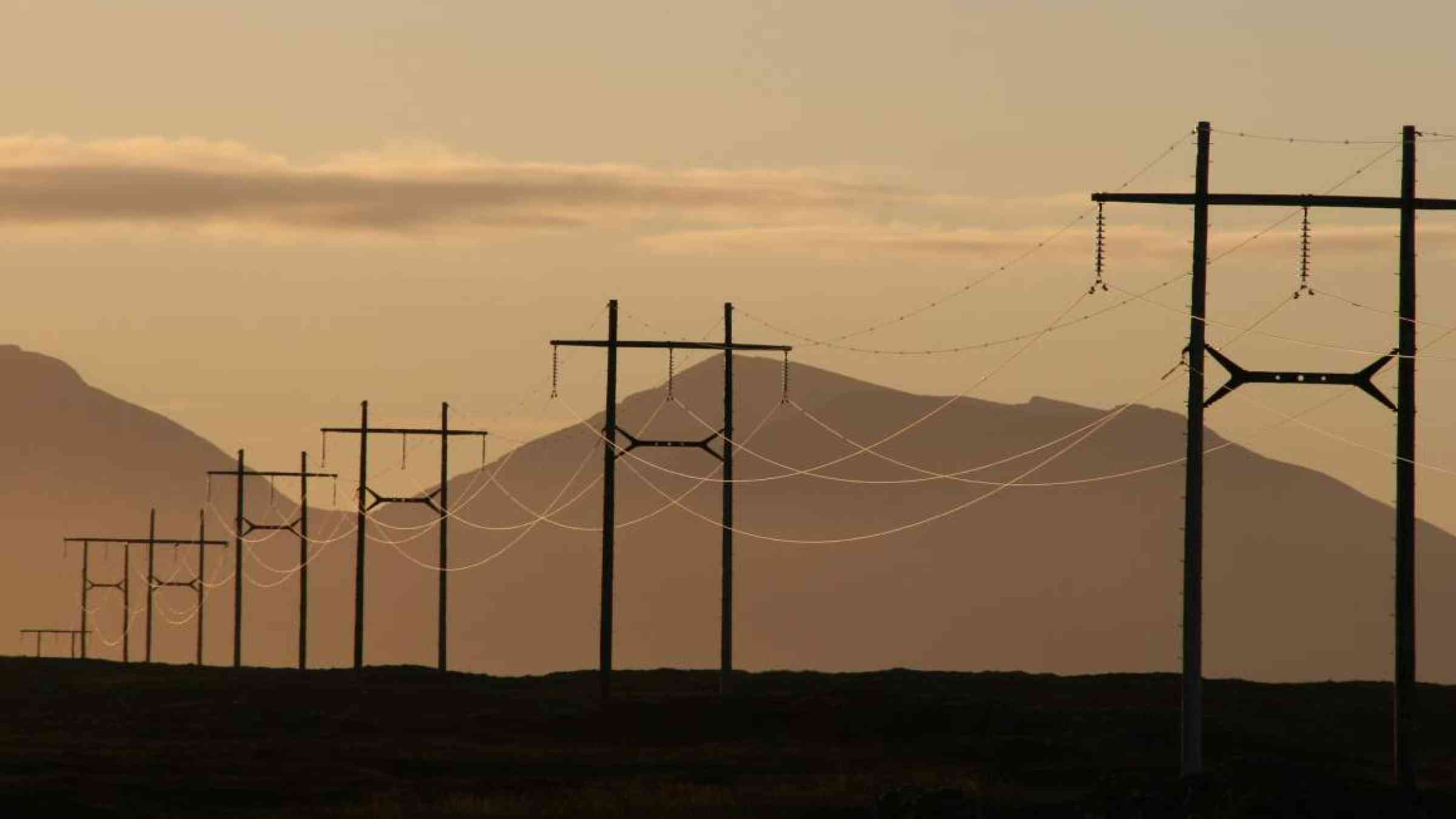
Heat waves, wildfires, floods, and cold spells score new records every year and have a particularly high impact on the electricity value chain. As the climate clock is ticking and Europe’s energy independence demands faster electrification, the electricity sector needs stronger investments in adaptation measures.
Over the past decade, extreme climate-related events caused over €145 billion in economic losses across the EU. A new report from industry body Eurelectric documents the amplitude and acceleration of extreme weather impacts on the power sector. In July 2021, floods in Belgium and Germany resulted in 200 000 customer outages. During the winter 2021-2022, storms in the UK and Ireland led to over one million households being without power.
The latest COP brought the need for climate adaptation to the attention of world leaders. The power sector is already acting and investing now to avoid higher costs later. Such investment is needed in the entire system: both in grids and generation assets.
Eurelectric Secretary General Kristian Ruby said:
“Adaptation to climate change and extreme weather has become a big challenge for power companies. Climate-related resilience is a growing component of utilities’ investment strategies and requires all actors to act together: utilities but also policymakers and other sectors which are critical during extreme weather events, such as telecommunications.”
The need for grid investments amounts to some €400 billion by 2030, out of which 8% (€32 billion) would be for resilience. This share is set to grow as the world is not on track for the 1.5°C scenario. However, this cost should be partly balanced out by the increase of cheaper renewables lowering energy prices.
Investments need clear signals and political directions. The report thereby recommends to:
- Better coordinate actions of all power system actors (utilities, regulators, and grid operators);
- Promote a Resilience Incentive Mechanism to pursue adaptation measures and remunerate system operators’ digital investments;
- Consider the electricity market design effects on resilience;
- Reorganise climate adaptation EU funding.